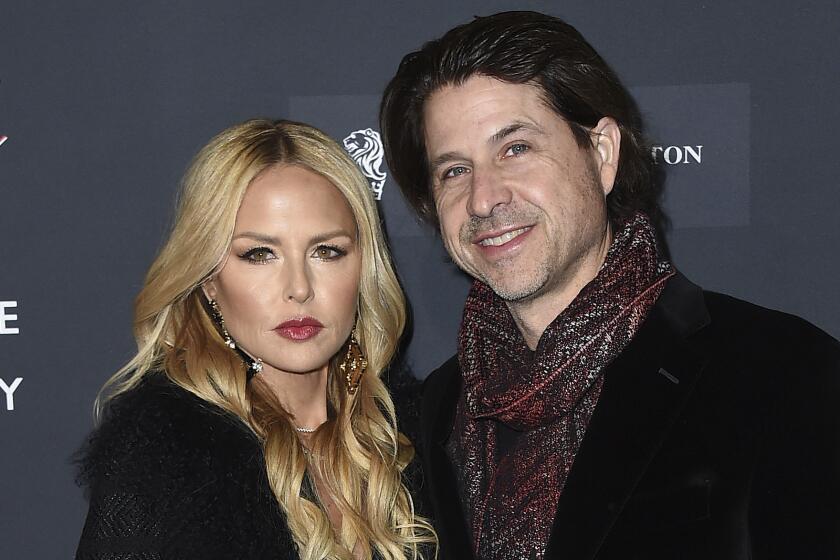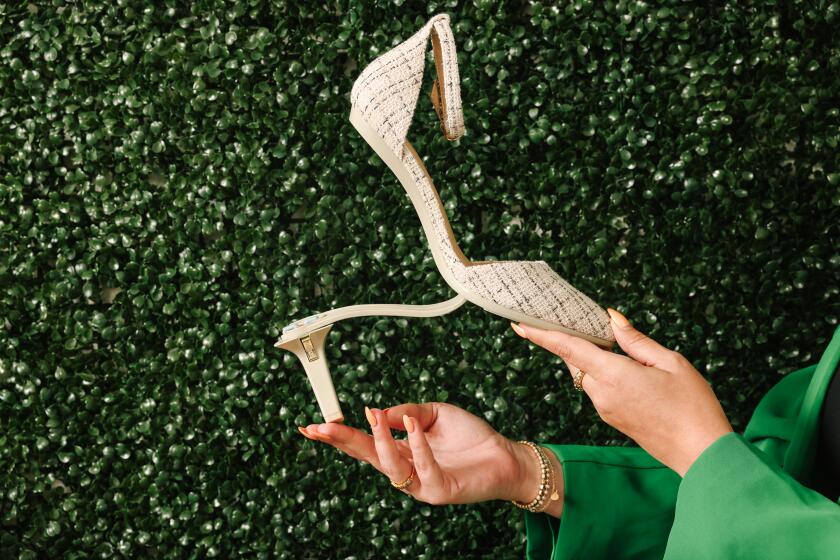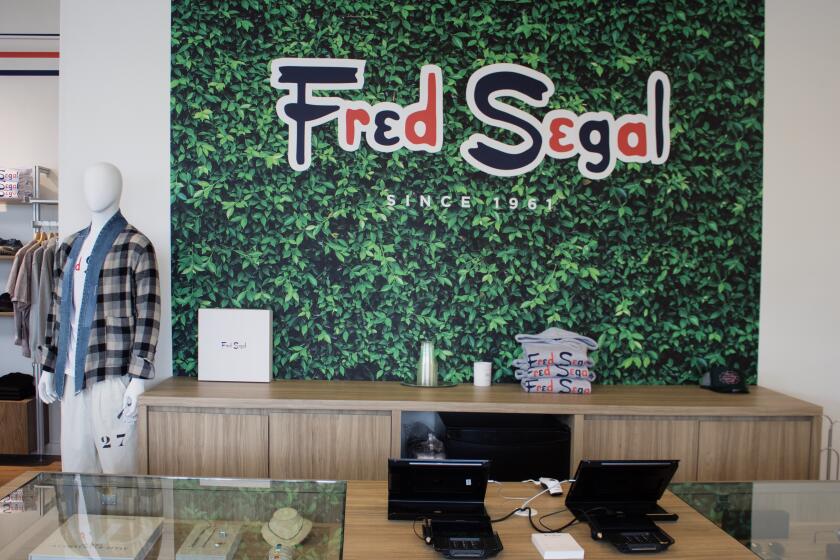Founder of the Rusty Brand Sheds Surf Wear for Surfboards
The founder of the Rusty brand, one of the nation’s most popular surf wear labels in the late 1990s, has sold controlling interest to a company that was licensed to make products under the same name in Australia.
As part of the deal, Rusty Preisendorfer has claimed worldwide rights in perpetuity to continue making surfboards under the brand he founded 21 years ago.
“I will now focus on the roots of the brand I founded and look forward to exploring a bright future for Rusty Surfboards, especially with all the exciting technological options for manufacturing surfboards in the market at the moment,” Preisendorfer, 53, said in a statement.
New owner Rusty Australia, meanwhile, has a hefty challenge ahead: trying to return the apparel brand to its glory days.
The Perth, Australia-based company will continue working with C&C; Cos. in Irvine, which holds the master license for Rusty apparel and accessories.
“We are very excited about now having the opportunity to help reshape the look and direction of the brand globally using our product design and marketing expertise,” Rusty Australia President Geoff Backshall said in a statement. Under the deal, Backshall also becomes president of San Diego-based R...& Everything Else, Rusty’s parent company.
Rusty was one of the top three surf wear brands in the late 1990s, along with Quiksilver and Billabong. But as the popularity of surf wear swelled, other companies stole the spotlight.
“O’Neill made an incredible comeback; Hurley was born and Volcom rose through the ranks,” said Peter Townend, with ActivEmpire, owner of a Huntington Beach firm that is consulting for the brand. “So you had those three brands alone that pushed Rusty down the ladder.”
At its peak in the late 1990s, Rusty’s annual U.S. sales in surf wear grew to about $47 million under R...& Everything Else, said Dac Clarke, Chief Executive of C&C; Cos. But it has since shrunk to about $24 million, he said.
Once the deal was struck, Rusty founder Preisendorfer did what most surf industry executives do when they get half a chance: He went surfing.
“The day after, he disappeared -- to Indonesia,” said Townend. “Now he can just make surfboards and go test them.”
More to Read
Inside the business of entertainment
The Wide Shot brings you news, analysis and insights on everything from streaming wars to production — and what it all means for the future.
You may occasionally receive promotional content from the Los Angeles Times.










